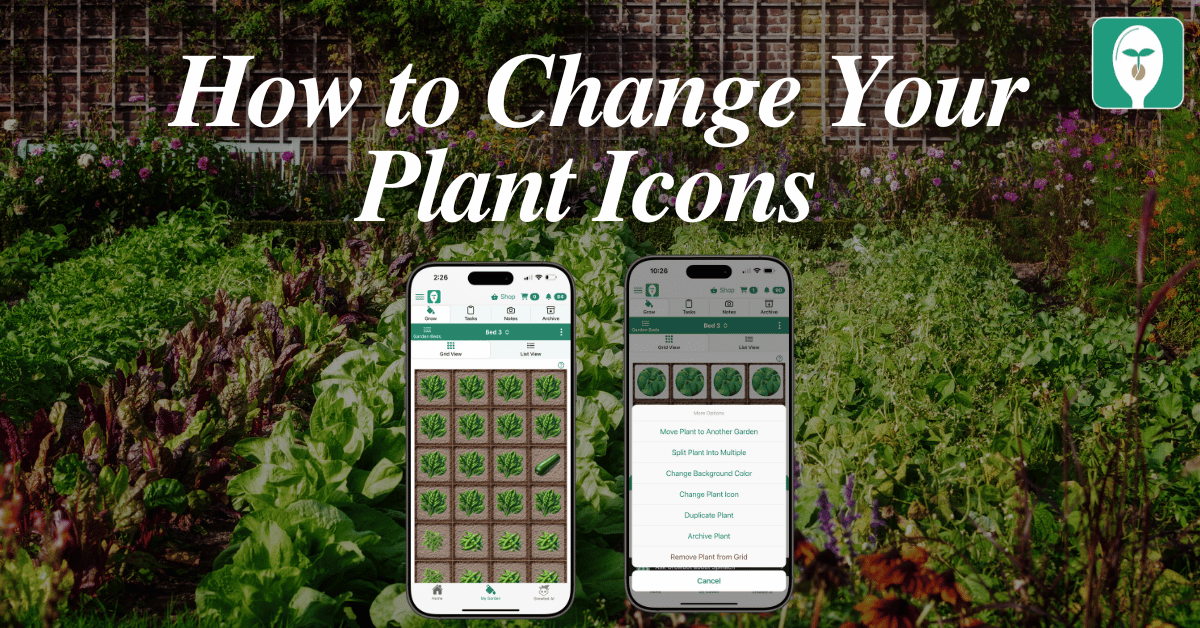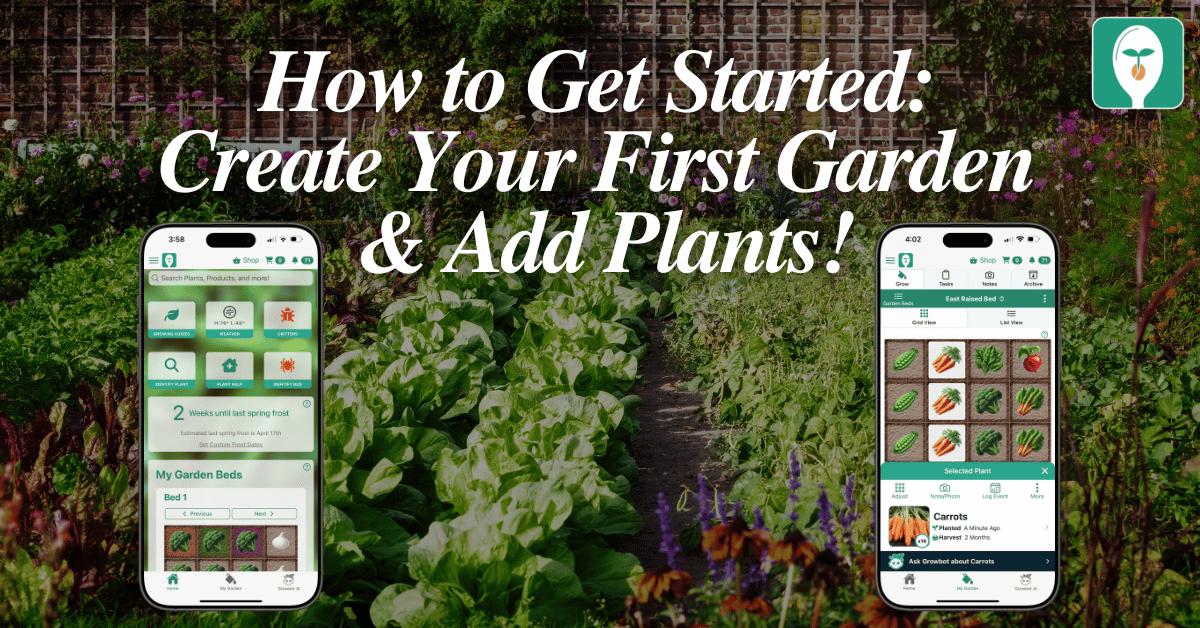Designing a deer-resistant garden allows you to enjoy a beautiful and thriving outdoor space without the worry of deer damage. By incorporating plants with strong scents, textures, or tastes that are naturally less appealing to deer, you can maintain a lush landscape while coexisting harmoniously with local wildlife. Here’s a look at some deer-resistant varieties that can help keep your garden flourishing and free from deer interference.

Lavender: Lavandula Munstead
Munstead lavender is renowned for its strong fragrance and drought tolerance, making it an excellent addition to any deer-resistant garden. Its aromatic foliage not only deters deer but also attracts beneficial pollinators like bees and butterflies, enhancing the beauty and biodiversity of your landscape.

Sage: Organic Sage
Organic sage acts as a natural deer repellent due to its potent scent and bitter taste. Adding this culinary herb to your garden serves a dual purpose: it enriches your cooking while protecting your other plants from deer.

Marigolds: Park’s Whopper Mix
Marigolds are celebrated for their deer-resistant qualities, attributed to their strong fragrance and bitter taste. The vibrant colors of Park’s Whopper Mix marigolds not only add aesthetic appeal to your garden but also contribute to deterring deer.

Marigolds: Park’s Whopper Orange
Continue to brighten your garden while keeping it deer-resistant with Park’s Whopper Orange marigolds. Their vivid hue and pungent scent make them an unattractive option for deer, safeguarding your other garden plants.

Marigolds: Park’s Whopper Yellow
Add a splash of sunshine to your deer-resistant garden with Park’s Whopper Yellow marigolds. Like their orange counterparts, these marigolds repel deer with their strong smell and taste, while adding a cheerful pop of color.

Thyme: English Organic Thyme
English organic thyme is another herb that deer find unappealing due to its strong scent. Incorporating this herb into your garden adds a rich flavor to your culinary creations and helps protect neighboring plants from deer.

Rosemary: SimplyHerbs™ Rosemary
Rosemary is known for its robust fragrance and tough, needle-like leaves, making it an excellent choice for a deer-resistant garden. This herb not only enhances your dishes but also acts as a natural deterrent against deer.

Mint: Peppermint
Peppermint’s strong scent and flavor are generally avoided by deer, making it a great addition to your garden. Beyond its refreshing taste, planting peppermint can help keep deer away from more susceptible plants.
Creating a deer-resistant garden doesn’t mean sacrificing beauty or variety. By choosing the right plants, you can enjoy a vibrant and diverse garden that naturally keeps deer at bay. Incorporate these deer-resistant varieties into your landscape for a peaceful and thriving outdoor space that both you and the local wildlife can enjoy.
Don’t forget to download the From Seed to Spoon app to manage your garden! Our user-friendly tool offer personalized planting schedules, care tips, and more, helping you manage your garden with ease. Download Seed to Spoon today and take the first step towards a thriving garden.
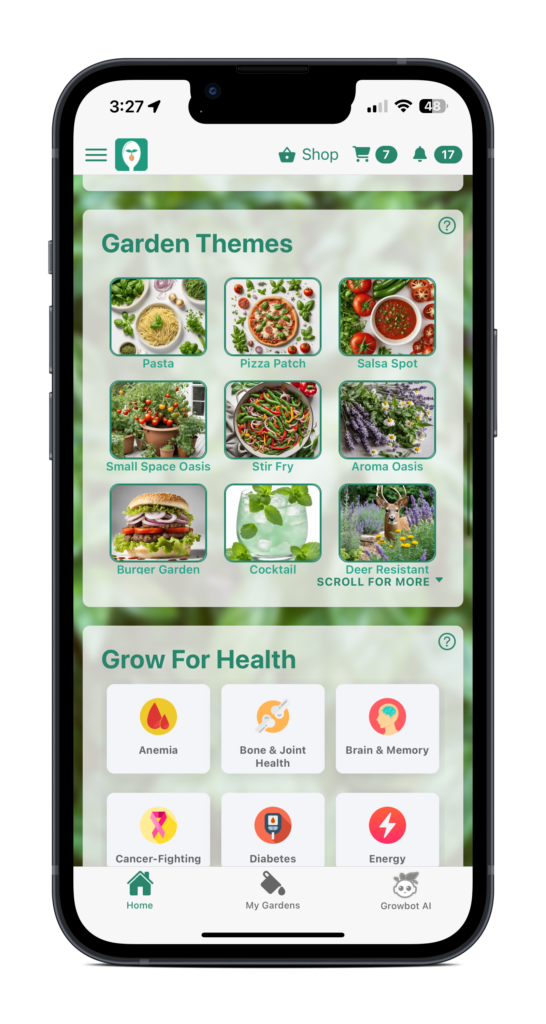
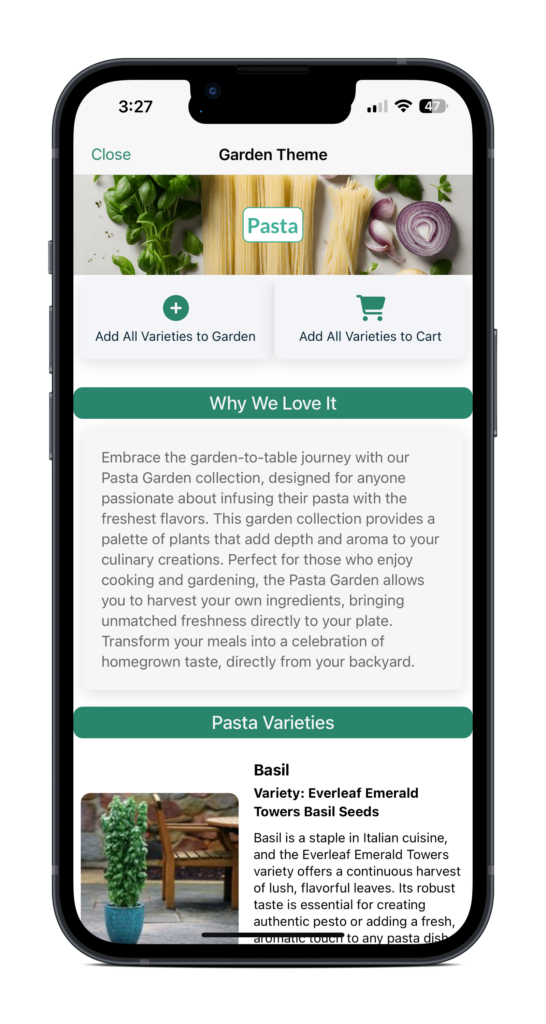
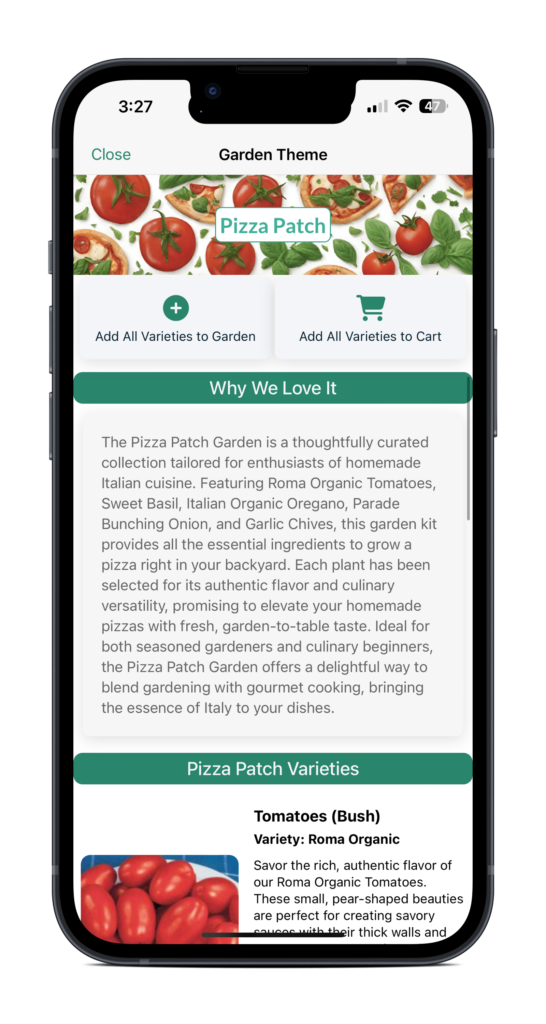
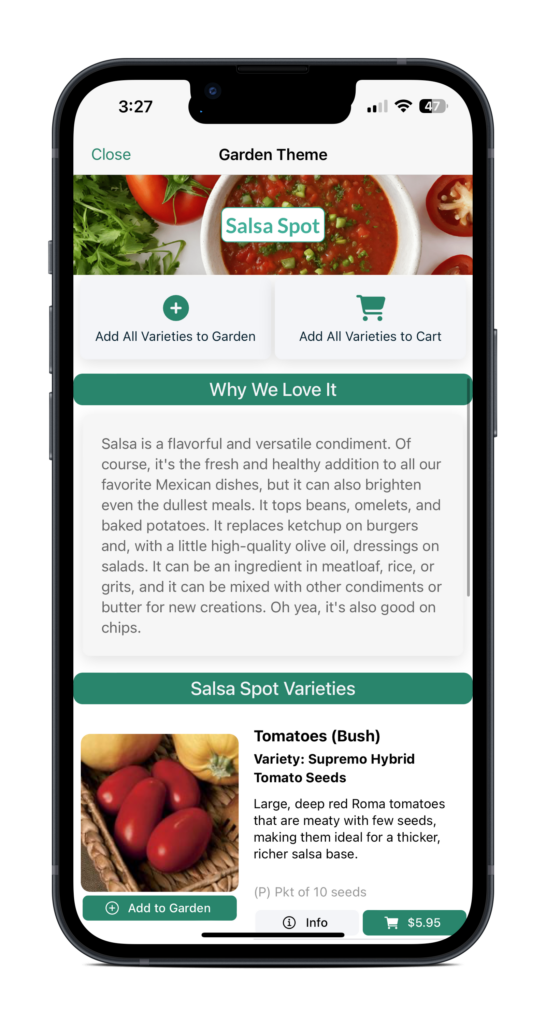
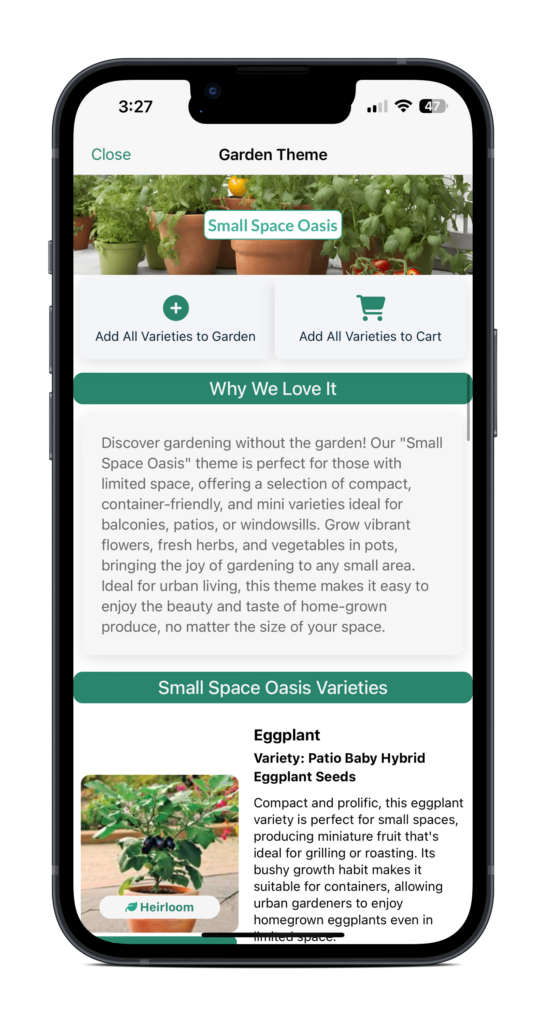
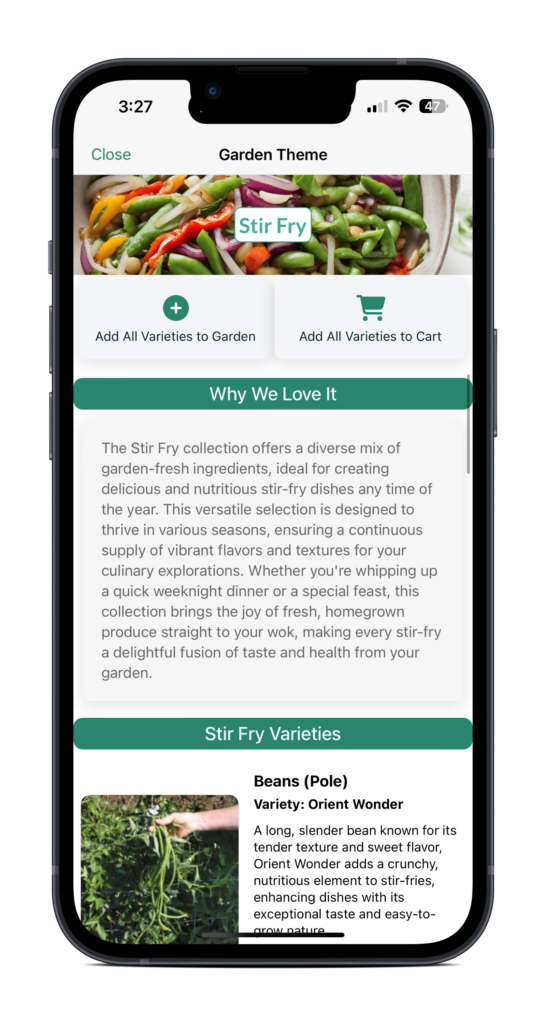
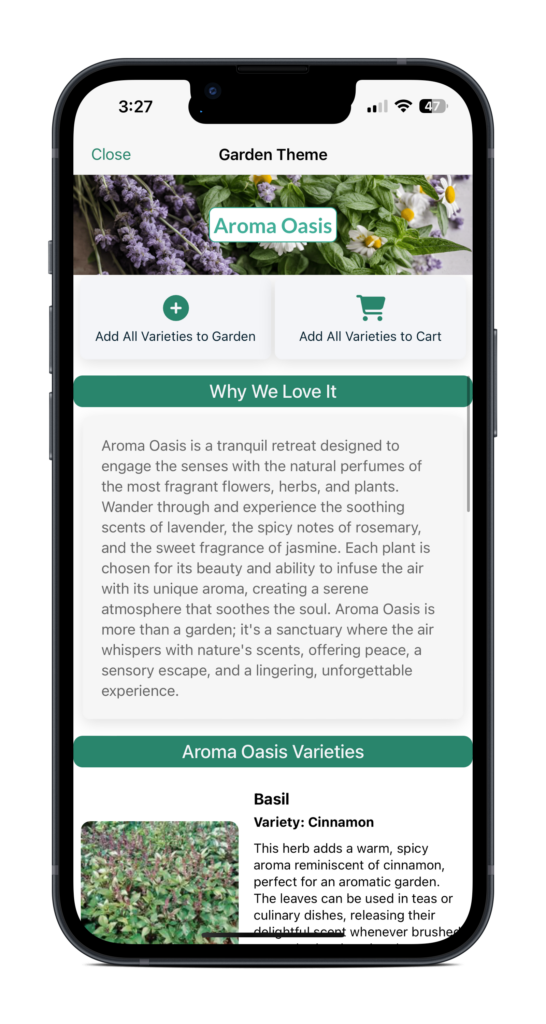

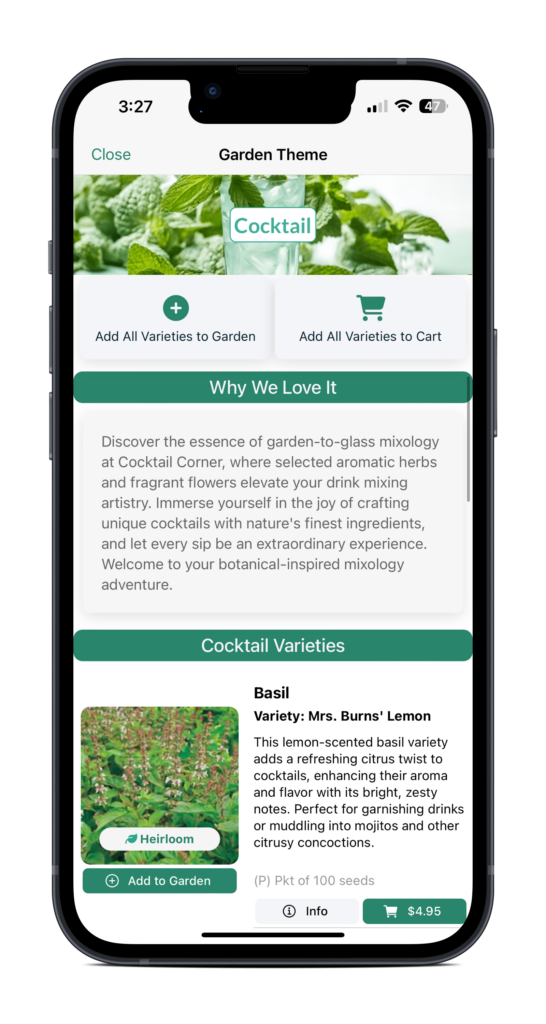
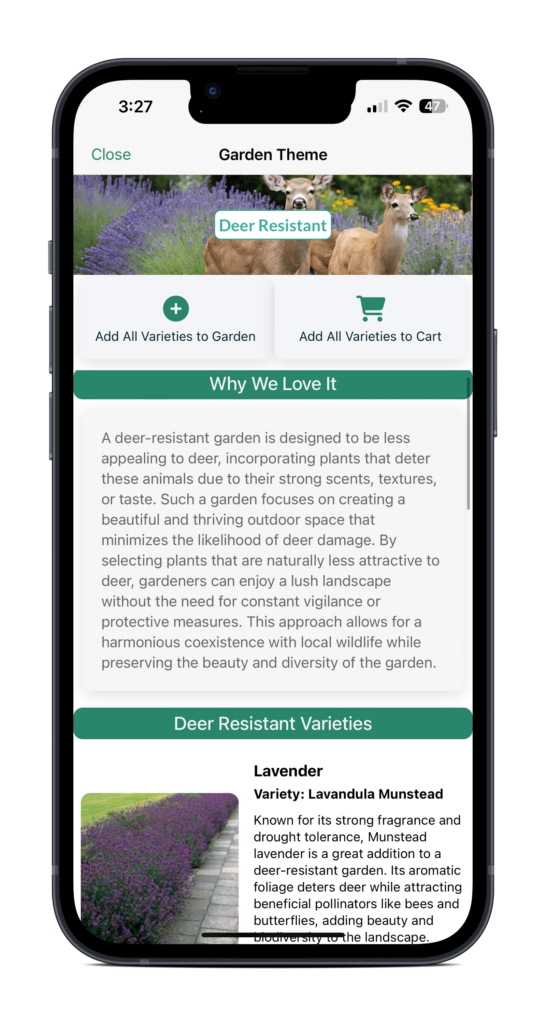
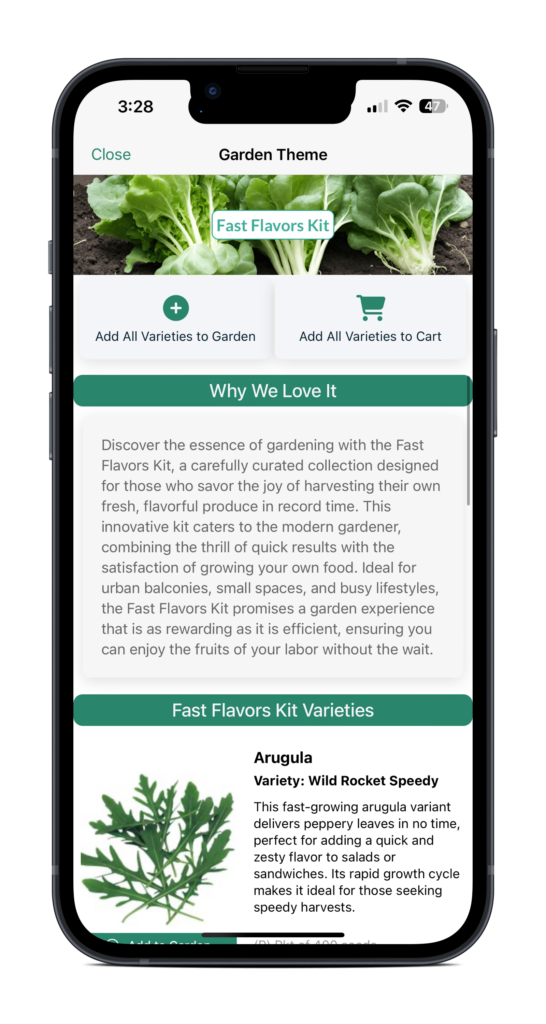
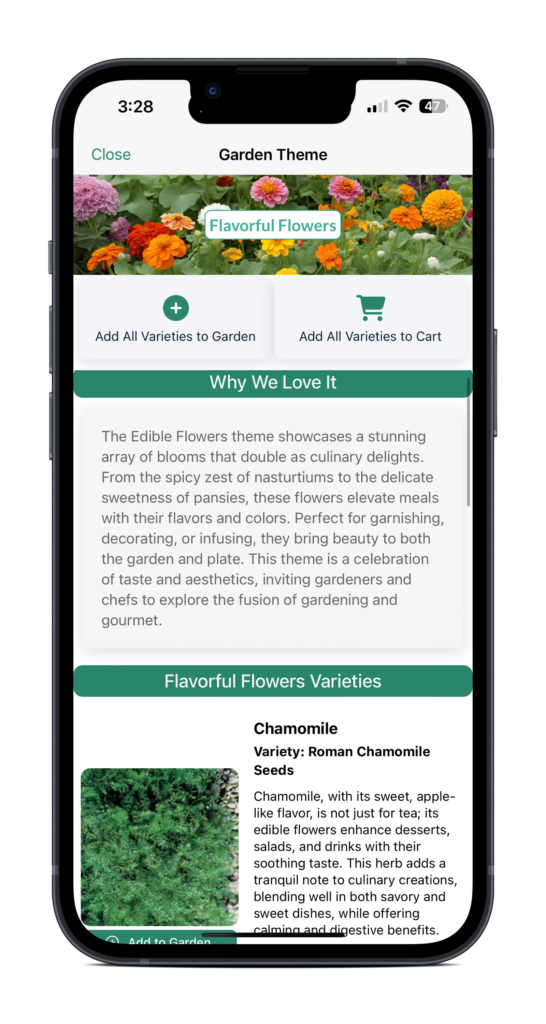
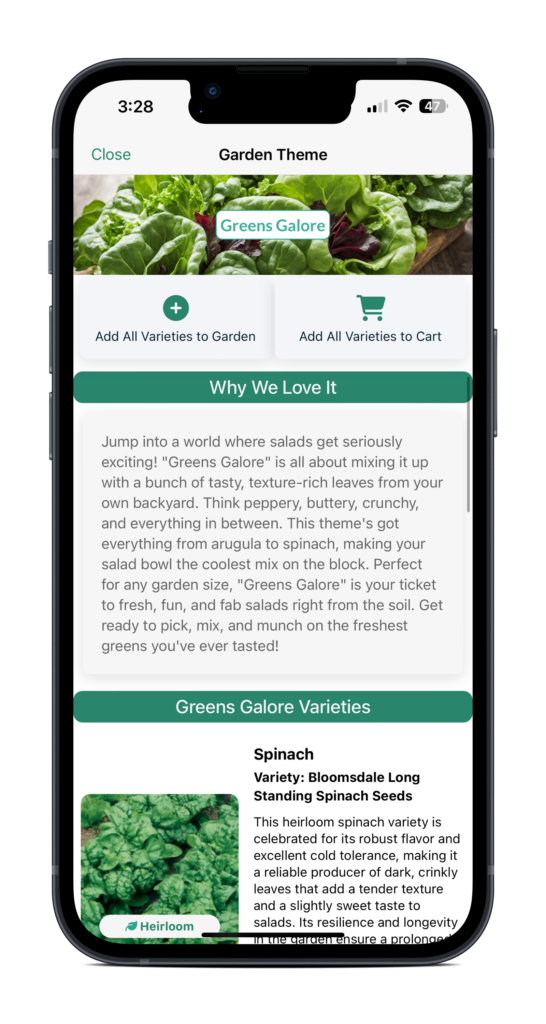
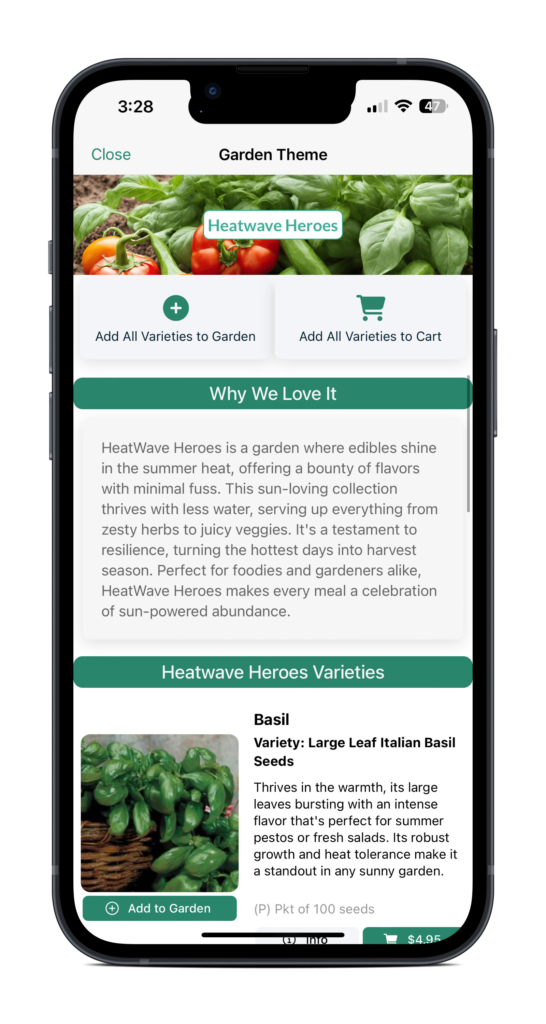
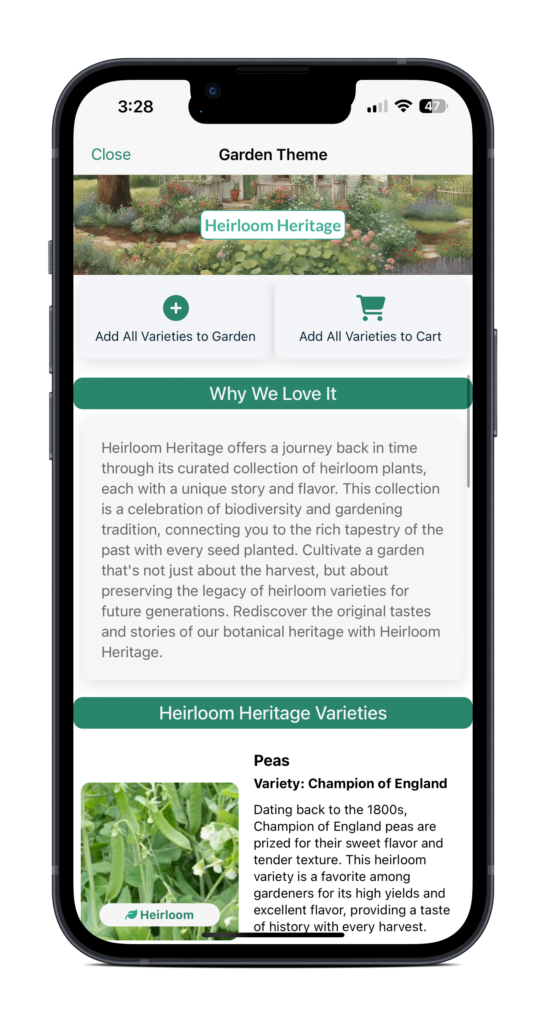
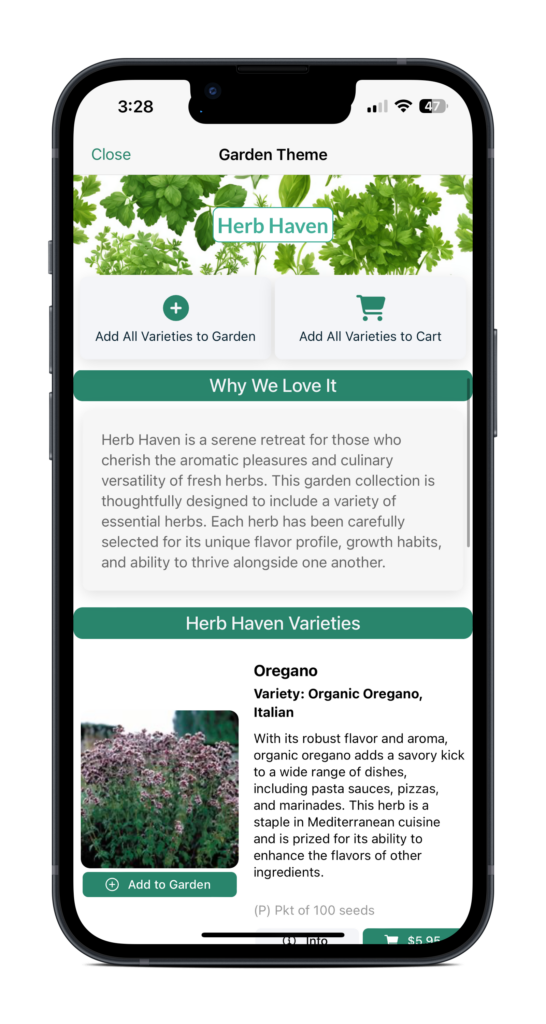
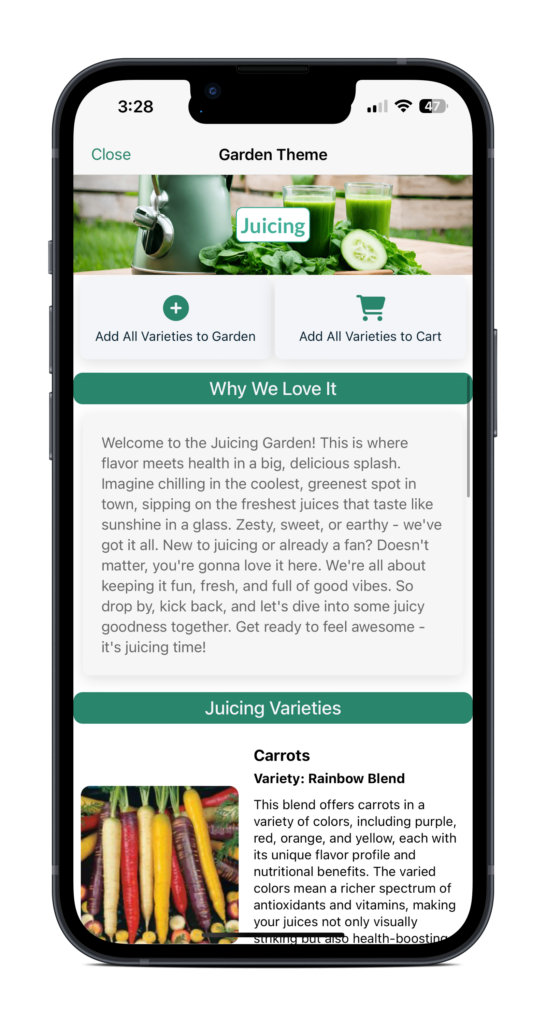
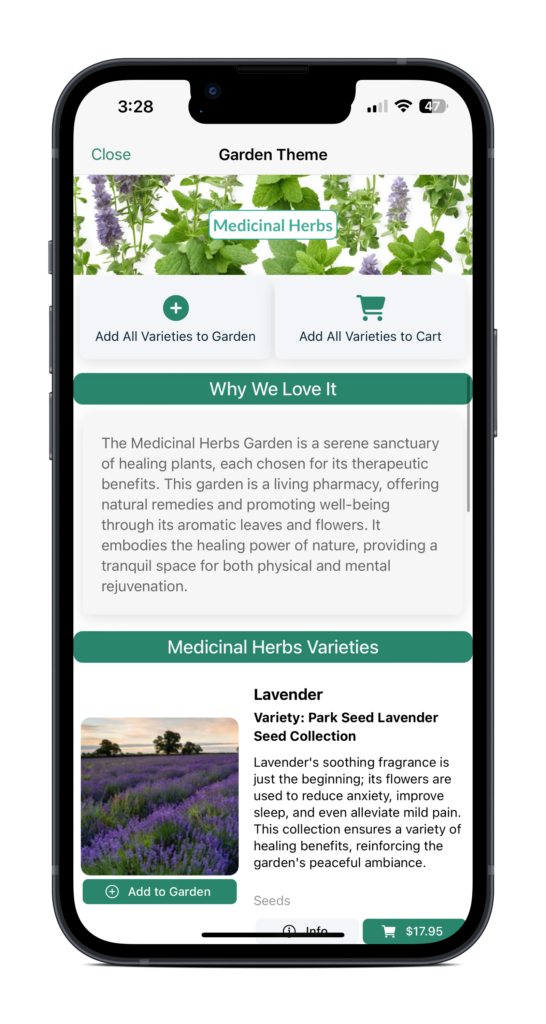
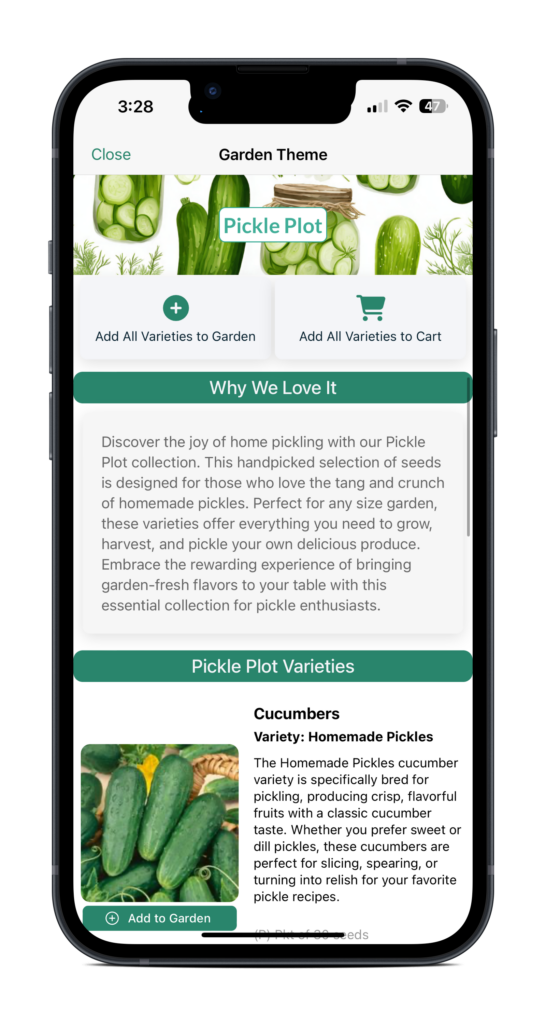
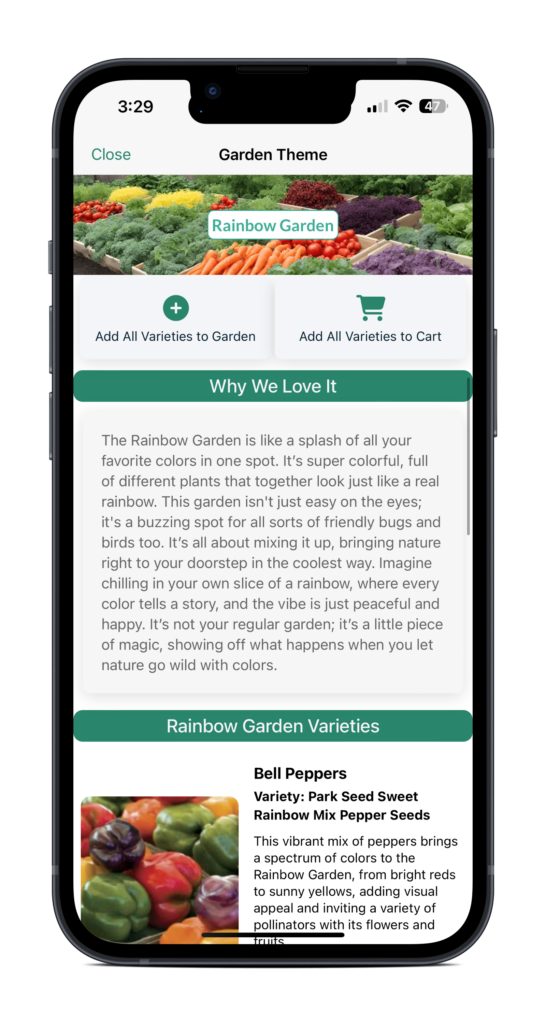
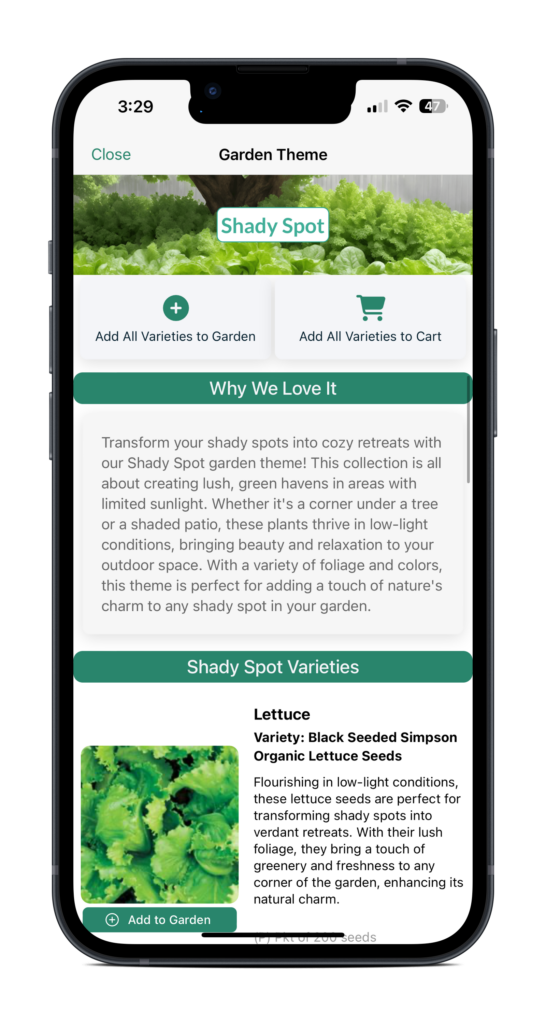
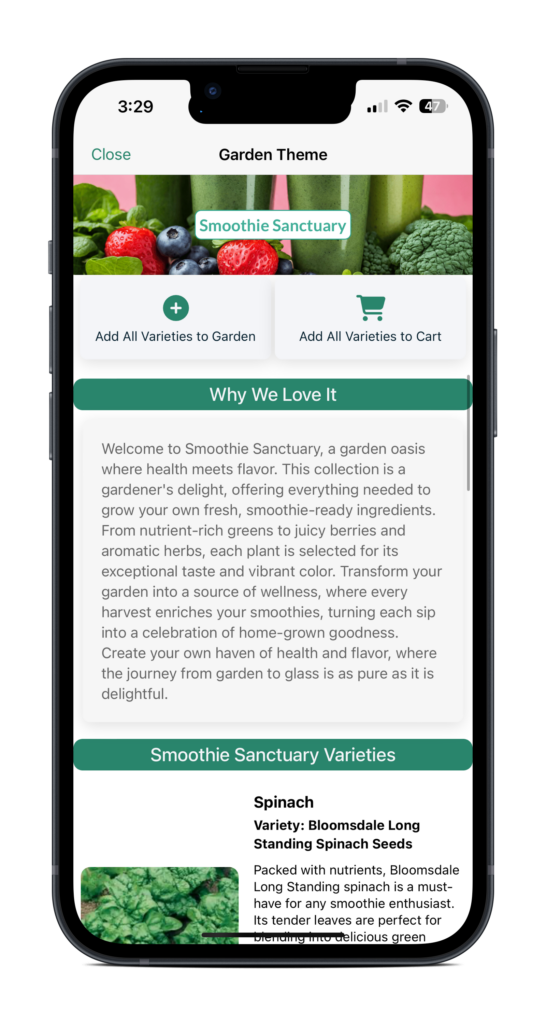
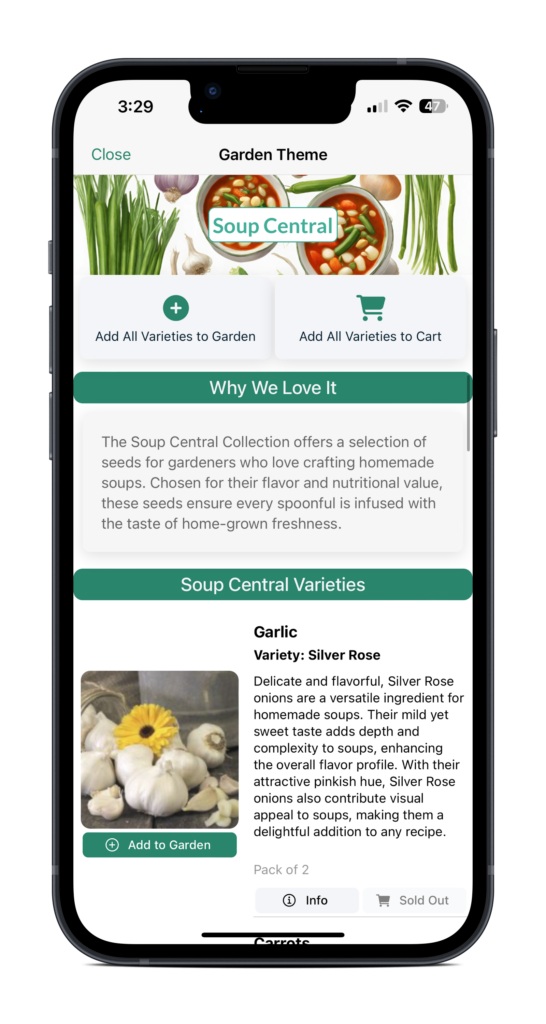
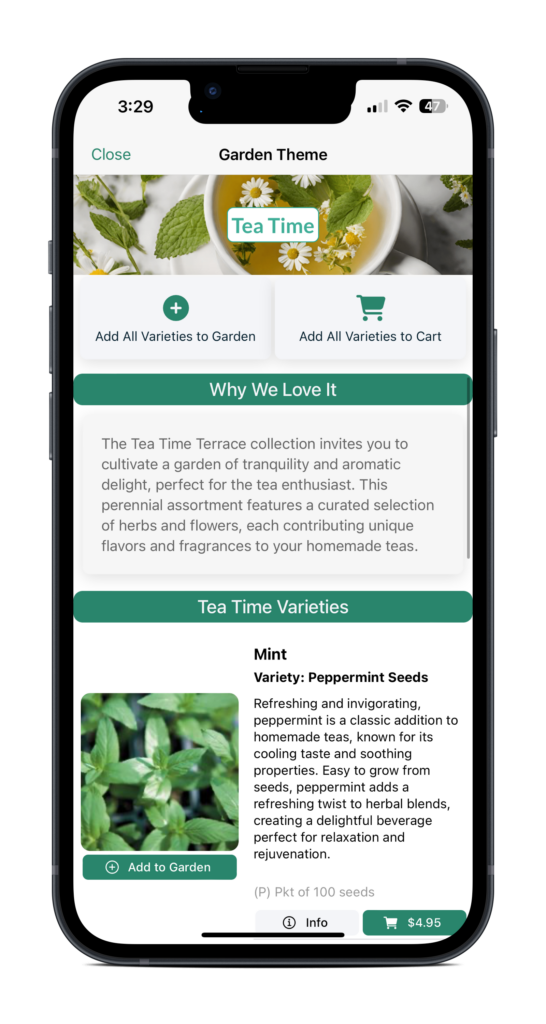
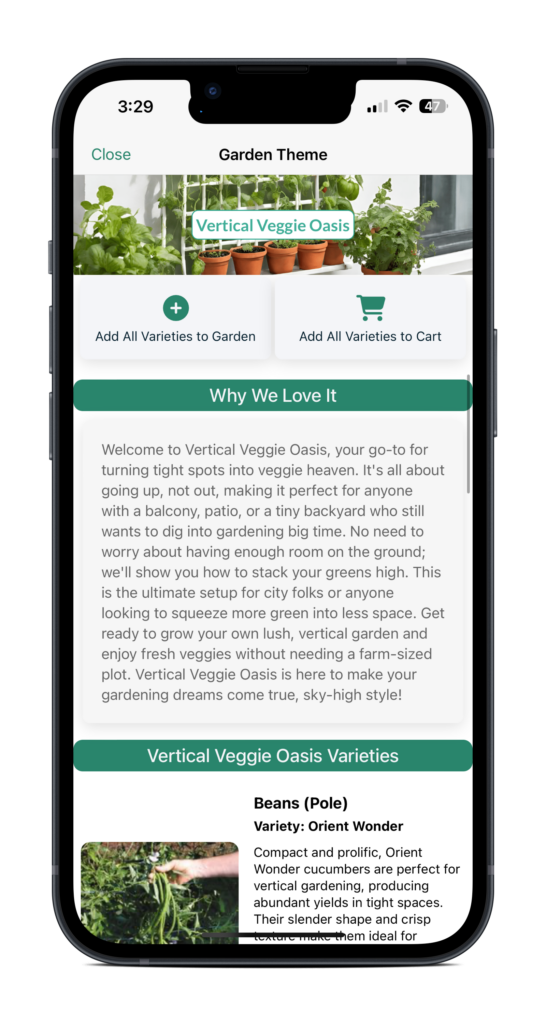

Carrie Spoonemore, co-founder of “From Seed to Spoon,” stands as a beacon of inspiration for gardeners and health enthusiasts alike. Her journey alongside her husband, Dale Spoonemore, in creating a platform that demystifies gardening and promotes a healthier lifestyle, has made a significant impact on individuals around the globe. Through the “From Seed to Spoon” app, Carrie has dedicated herself to empowering people to take control of their health and environment by growing their own food.
With a profound belief in the power of gardening to improve mental and physical health, Carrie’s contributions to the Seed to Spoon blog reflect her holistic approach to wellness. Her articles often focus on the nutritional benefits of homegrown fruits and vegetables, organic gardening practices, and the mental health benefits of spending time in nature. Carrie’s expertise in health science shines through in her detailed discussions on how specific plants can contribute to a balanced diet and overall well-being.
Carrie’s passion for gardening is deeply intertwined with her commitment to family and community wellness. She frequently shares personal stories of how gardening has brought her family closer together, offering practical tips for involving children in gardening activities and making it a fun, educational experience. Her writing encourages families to explore gardening as a means of spending quality time together while learning about nature and sustainability.
In addition to gardening advice, Carrie’s contributions to the blog include insights into the use of technology to enhance the gardening experience. She has played a crucial role in designing the “From Seed to Spoon” app to be user-friendly, ensuring that users of all ages and backgrounds can navigate the complexities of gardening with ease. Her vision for the app is not just as a gardening tool but as a vehicle for change, inspiring individuals to adopt a more sustainable lifestyle by growing their own food.
Carrie Spoonemore’s presence on the blog is marked by her compassionate approach to teaching and her unwavering belief in the transformative power of gardening. Her work continues to inspire a community of gardeners to pursue a healthier, more sustainable way of living, proving that with the right tools and knowledge, anyone can become a gardener and advocate for their health and the planet.




